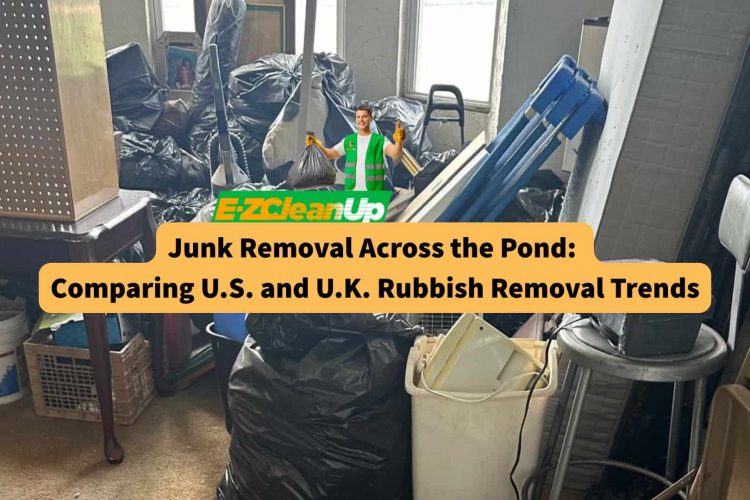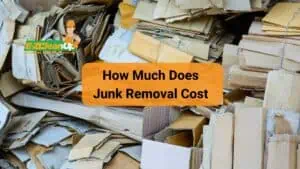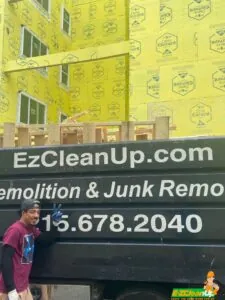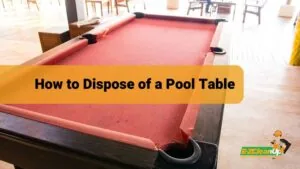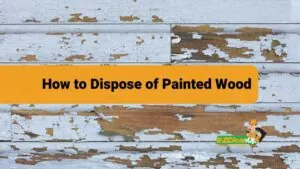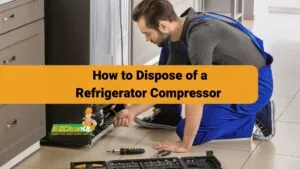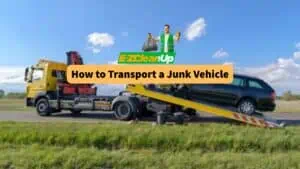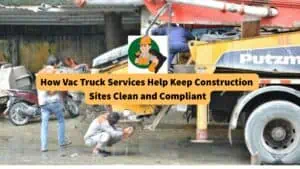Ever wondered how junk removal differs between the U.S. and U.K.? From curbside pickups to recycling habits, this comparison breaks down how both countries handle waste—and what they can learn from each other. So, how about let’s take a closer look at rubbish removal across the pond?
This article, created with insights from U.K. junk removal pros at Junk Bunk, explores the surprising similarities and key differences between rubbish removal in the U.S. and U.K.
#1 Welcome to the World of Junk: U.S. vs U.K.!
Junk removal might not sound exciting, but it’s a booming industry in both the U.S. and U.K. In 2022, U.S. junk haulers made around $1.8 billion, with thousands of companies clearing everything from sofas to yard waste. Over in the U.K., the demand is growing too—thanks to more people living in cities, growing piles of clutter, and a bigger focus on the environment.
What’s driving the trend? Smaller living spaces, more stuff, and a desire to go green. And with online booking and tracking apps, it’s easier than ever to book a pickup.
#2 How Do Americans and Brits Get Rid of Their Rubbish?
Americans and Brits both rely on curbside pickup, but their junk removal styles have some key differences.
In the U.S.
Most people use curbside bins—sometimes just one for all recyclables, sometimes separate ones for paper, glass, and plastic. It’s convenient, but over half of U.S. waste still ends up in landfills, which shows that recycling efforts still have a long way to go.
In the U.K.
The U.K. also uses curbside pickup but puts more focus on sorting. Local councils usually provide different bins or bags for food waste, recyclables, and general trash. They also burn more waste for energy to help reduce landfill use, though landfills are still part of the system.
What’s Different?
- The U.S. has a patchwork of state-by-state systems, while the U.K. follows more uniform rules.
- Recycling rates are higher in the U.K., thanks to stronger rules and public awareness.
- The U.K. sends less waste to landfills by using incineration and composting more than the U.S.
#3 Rules and Regulations: Who Does It Better?
The U.K. and U.S. take very different approaches to junk removal laws—and it shows.
In the U.S.
Laws vary by state. Some places like California lead with tough rules on food and electronic waste, but others are far behind. National laws exist, but local governments decide most of the details, which can lead to a patchy system.
In the U.K.
Rules are clearer and the same across the country. Laws focus on recycling more and sending less to landfills. Businesses must sort recyclables, and there are strong rules for handling e-waste. The goal? Less waste, more reuse.
Summary:
The U.K.’s strict and unified rules help it recycle more and landfill less. The U.S. has some great ideas in certain states, but its mix-and-match system makes progress slower.
#4 Common Challenges on Both Sides of the Pond
Even though their systems are different, the U.S. and U.K. face many of the same junk removal problems.
Too Much Trash
People are throwing away more than ever—thanks to more shopping, more people, and less space. Both countries are struggling to keep up.
Landfills Are Filling Up
Landfill space is running low and getting expensive. The U.K. raised taxes to reduce dumping, while the U.S. still sends a lot of waste to landfills.
Recycling Confusion
Too many people toss the wrong things in recycling bins. This ruins loads of recyclables and slows things down.
Higher Costs, Fewer Workers
Rising fuel prices and worker shortages are driving up the cost of junk removal—and making it harder to run smooth operations.
Big Green Goals, Slow Progress
Both countries want to recycle more and cut landfill waste. But it’s not easy—especially with food waste and biodegradable trash.
Keeping Up With Change
New rules and tech are shaking things up. From recycling laws to AI-powered sorting machines, companies need to stay flexible and adapt fast.
#5 What’s Next? The Future of Rubbish Removal
The future of junk removal is getting smarter, greener, and more high-tech. Here’s a peek at what’s coming for both the U.S. and U.K.:
- Smart Tech Takes Over – Sensors and apps will track how much waste we create and help plan faster, cleaner pickups. This means fewer trucks, lower costs, and less pollution.
- Less Waste, More Reuse – Both countries are moving toward a “circular” system—reusing more and wasting less. Food scraps might turn into compost or energy instead of going to landfills.
- Robots and AI at Work – Machines will help sort trash more accurately, which can make recycling faster and less messy.
- Stricter Rules for Businesses – Companies will face tougher laws requiring them to report and reduce their waste to push for greener operations and better tracking.
- Greener Packaging – Say goodbye to single-use plastics. More businesses will switch to packaging that can be recycled or safely broken down.
- Turning Trash into Power – New waste-to-energy plants will turn non-recyclable junk into electricity to help cut landfill use.
- Local Waste Solutions – Smaller recycling and waste plants closer to communities will help cut down on truck trips and emissions.
#6 FAQs
Why is junk removal growing so fast in both the U.S. and U.K.?
The urban growth, smaller living spaces, and rising consumerism are causing more clutter, which can drive demand for junk removal services.
Are there differences in how junk removal companies advertise in the U.S. and U.K.?
Yes. U.S. companies often use direct digital marketing and local SEO, while U.K. companies tend to rely more on community networks and council-approved listings.
Are junk removal services covered by insurance?
Yes, reputable companies in both countries carry liability insurance to cover property damage or even injury during removal.
#7 The Bottom Line – Lessons from Both Sides
While the U.K. shows how clear rules and strong recycling programs can make a big impact, the U.S. brings fresh ideas, new tech, and local solutions that fit different communities.
Both countries deal with the same problems—too much waste, not enough landfill space, and the need to recycle better. But with smart tools and a shared focus on greener living, the future looks bright.
By combining the U.K.’s strong policies with the U.S.’s innovation, they can build smarter junk systems that can work for everyone. In the end, it’s not just about removing junk—it’s about making our world cleaner, greener, and better for the future.

